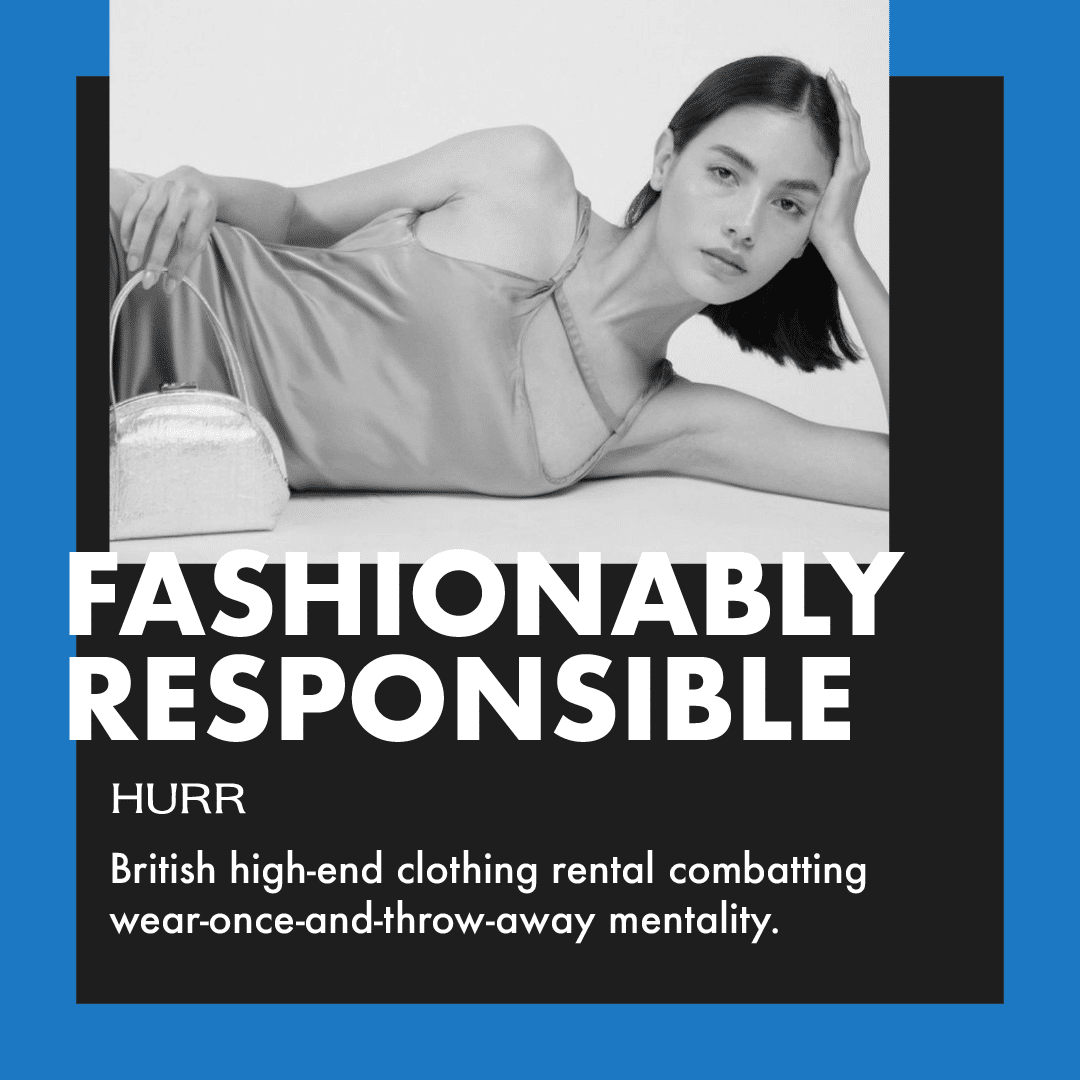With awareness around sustainable business practices growing, brands big and small are taking innovative approaches towards better managing product “waste.” Among those companies is Ford, which recently announced that customers in most states no longer have the option to buy a leased Ford EV at the end of its term. Why? Because by requiring lessees to renew a lease in a new vehicle, Ford can better manage battery recycling and materials – similar to how Apple operates with its smartphones. Check out some of the unique ways other brands are working to limit product waste and promote sustainability below.

Ford, the massive car empire, is working towards an all-electric future. Their attractive lineup of electric vehicles (EVs) is forging the path to efficient and energizing driving experiences. Ford is stopping lessees from buying out EVs at the end of the lease term. Instead, customers will have the option to renew their lease on a new vehicle and Ford will take the old car back to recycle the vehicles’ batteries– reducing the need to mine for raw materials for the batteries, like lithium and cobalt.

Gerrard Street, a Dutch company has created the world’s first “headphones that last a lifetime”. Their circular high-quality headphones are a monthly subscription service–so if (and when) parts need to be replaced or upgraded, the headphones’ design allows parts to be replaced independently. No need to buy a new pair of headphones.

HUUR, a British fashion rental platform, is making fashion recyclable. With an inventory of 75+ exclusive fashion partners, customers can pick their rental date, rent clothing items, and return them–taking the sustainable approach of clothing and ending the wear-once-and-throw-away attitude. Through a collaboration with the community-powered fashion marketplace Depop, customers can also purchase pre-rented (rented 20 times or more) items.

Beko Appliances transforms waste into home appliances. Their products are made out of PET bottles, biocomposites (aka, coffee residue and eggshells), and more, which are then turned into eco-friendly appliances—washer/dryer machines, ovens, refrigerators, dishwashers, and others for a sustainable home and world.
Want to chat about how Plan B can help you better share your company’s sustainability success stories? Drop us a line.
